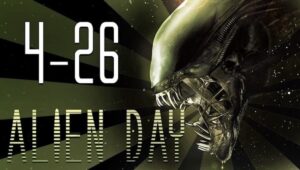
‘Alien’ Day 2024: Celebrating All Things ‘Alien’ Inside The Fanbase
Greeting, fans of the Alien franchise! In celebration of #AlienDay 2024, Fanbase Press invites you to check out our exclusive Alien-centric content from our staff

Greeting, fans of the Alien franchise! In celebration of #AlienDay 2024, Fanbase Press invites you to check out our exclusive Alien-centric content from our staff
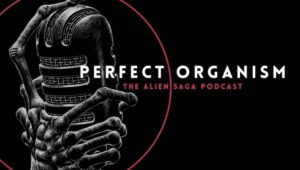
The following is an interview with podcast co-hosts Jaime Prater and Patrick Greene as part of Fanbase Press’ #AlienDay 2024 coverage. In this interview, Fanbase Press

The following is an interview with comic book writer Ryan Cady as part of Fanbase Press’ #AlienDay 2024 coverage. In this interview, Fanbase Press President Bryant

The following is an interview with clinical psychologist Dr. Drea Letamendi as part of Fanbase Press’ #AlienDay 2024 coverage. In this interview, Fanbase Press President Bryant
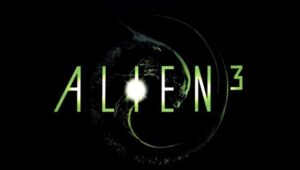
David Fincher’s highly anticipated Alien³ arrived in May 1992 and was followed immediately by a slate of disappointing reviews. By all accounts, whatever we’d been
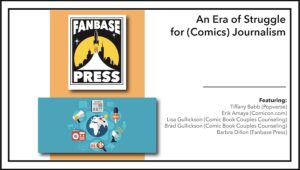
As conventions return to in-person events, we at Fanbase Press feel that it is important and necessary to provide virtual access to those individuals who
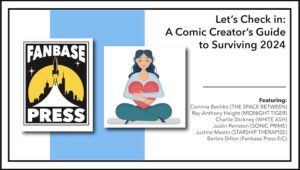
As conventions return to in-person events, we at Fanbase Press feel that it is important and necessary to provide virtual access to those individuals who

Fanbase Press is excited to share the below news from Hammer Canyon Productions, as they announce the upcoming release of their original audio drama, Hobo
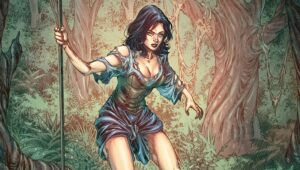
UK-based publisher Markosia Enterprises will release the collected edition of Immortalis on Tuesday, January 30, 2024, and the publisher has been very generous to the
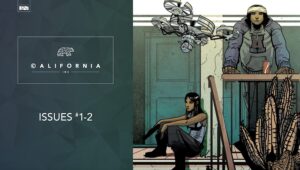
The creative team of the comic book series, ©alifornia, Inc., recently released their second issue, and the team has been very generous to the Fanbase